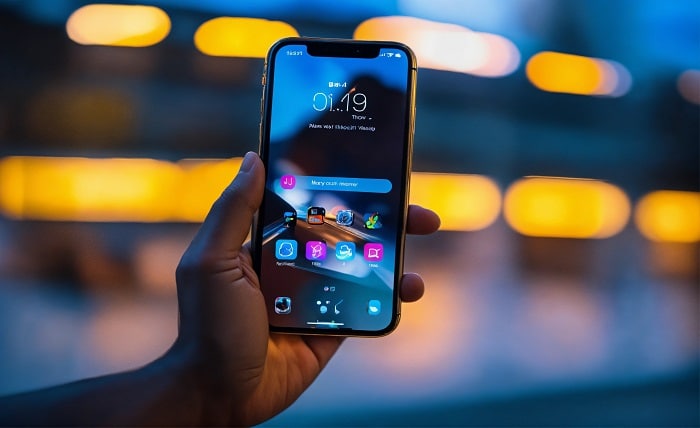Introduction
Every day, millions of phone calls are made, many of which come from unknown numbers, leaving recipients wondering, “Who is calling me from this number?” In this blog post, we’ll explore various methods and tools to help you identify unknown callers, ensuring your peace of mind and security.
Caller ID
Caller ID is the most basic tool for identifying who is calling. It shows the number and, when available, the name of the calling party. However, spammers can spoof these details, so additional investigation may be necessary.
Reverse Phone Lookup Services
When asking “Who is calling me from this number?”, reverse phone lookup services can be invaluable. Websites like Truecaller, Whitepages, and others allow you to enter a phone number to get information about the caller, including their name and location.
Mobile Apps for Caller Identification
Several mobile apps are designed to identify incoming calls. Apps like Hiya and Caller ID & Number Locator provide real-time information about who is calling, often with community feedback on the nature of the call.
Using Social Media
Social media platforms can sometimes help in identifying who is calling. By entering the phone number in the search bar of platforms like Facebook or LinkedIn, you might find a profile linked to the number.
Contacting Your Service Provider
Your phone service provider might have tools or services that help identify unknown numbers. They can offer services like call blocking or spam alerts to let you know who is calling.
Checking Community Forums
Online forums and websites can be helpful in identifying mysterious callers. Sites like Reddit or specific forums for reporting spam calls can provide insights into who might be calling from an unfamiliar number.
Implementing Call Blocking Tools
Call blocking tools can prevent unwanted numbers from reaching you. Tools like Google’s Call Screen use AI to detect spam calls, asking “Who is calling me from this number?” before you even pick up.
The Role of VoIP Numbers
VoIP (Voice over Internet Protocol) numbers can be more challenging to trace as they may not be listed in traditional phone directories. Understanding how VoIP calls work can help you manage these calls more effectively.
Legal Considerations
Be aware of the legal aspects of tracking who is calling. In some jurisdictions, certain methods of identifying or blocking calls may have legal implications.
Preventing Spam Calls
Preventive measures can reduce the number of spam calls you receive. Registering your number with the National Do Not Call Registry and being cautious about sharing your number can help minimize unwanted calls.
Conclusion
Identifying who is calling you from an unknown number can relieve stress and protect your privacy. By utilizing tools like caller ID, reverse phone lookup services, and mobile apps, you can gain insight into who is trying to contact you and why. Remember to use these tools responsibly and consider privacy laws applicable to your area.
FAQs
1. How can I find out immediately who is calling me from this number?
- Instantly identify callers using Caller ID or third-party apps like Hiya and Truecaller, which offer real-time caller identification.
2. Is it safe to use reverse phone lookup services?
- Yes, most reverse phone lookup services are safe, but always use reputable services to ensure your data is protected.
3. What should I do if a spam caller keeps calling me?
- Utilize call blocking features on your phone or through your service provider, and report the number to spam databases.
4. Can I prevent telemarketers from calling me?
- Registering your phone number with the National Do Not Call Registry can significantly reduce telemarketing calls.
5. Who is calling me from this number if there’s no information online?
- If no information is available online, it might be a new spam number or someone using a VoIP service. Use call blocking tools to manage these calls.
